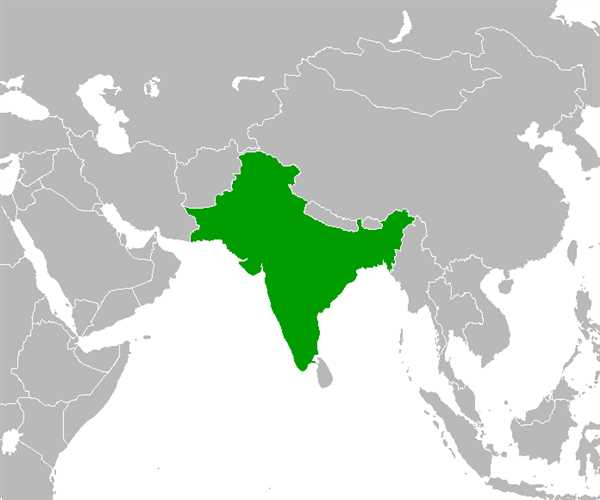It is important to note that the majority of Pakistanis do not want to be a part of India. Pakistan was created as a separate country from India in 1947, and since then, the two countries have had a complicated relationship characterized by conflict and tensions. However, there are some minority voices within Pakistan who have expressed a desire to reunite with India. Here are some possible reasons why:
Shared cultural heritage: Pakistan and India share a long and complex history, and many Pakistanis feel a strong connection to the cultural heritage of the subcontinent. They may feel that being part of India would allow them to reconnect with their roots and preserve their cultural identity.
Economic benefits: India is a rapidly growing economy, and many Pakistanis believe that reunification with India would bring economic benefits to the country. They may see India as a more stable and prosperous country, and believe that Pakistan could benefit from closer economic ties.

Political stability: Pakistan has a history of political instability and military coups, and some Pakistanis may believe that reunification with India would bring greater political stability and democracy to the country.
Religious ties: Pakistan was created as a Muslim-majority country, and many Pakistanis feel a strong connection to their Muslim identity. However, some Pakistanis may also feel a connection to the Hindu and Sikh communities in India, and believe that reunification with India would allow for greater religious tolerance and diversity.
It is important to note that these views are not representative of the majority of Pakistanis, and that reunification with India is not a mainstream political issue in Pakistan. The two countries have a complex relationship, and while there may be some shared cultural and historical ties, there are also deep political and ideological differences that would make reunification unlikely.